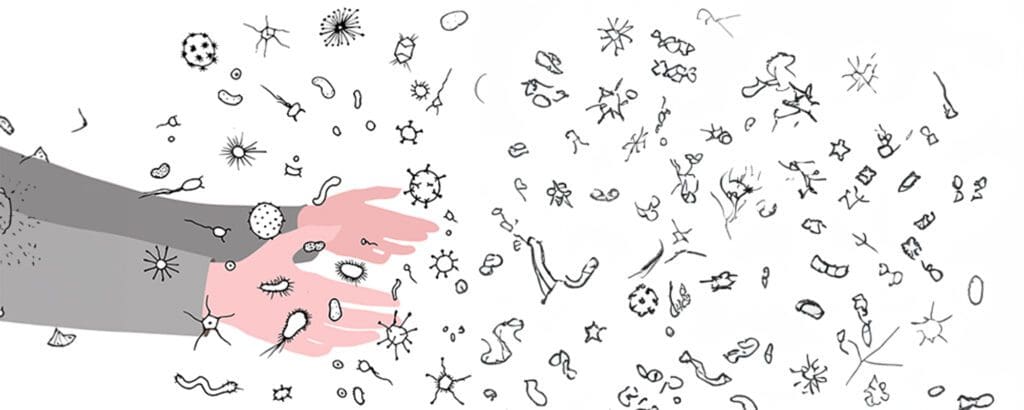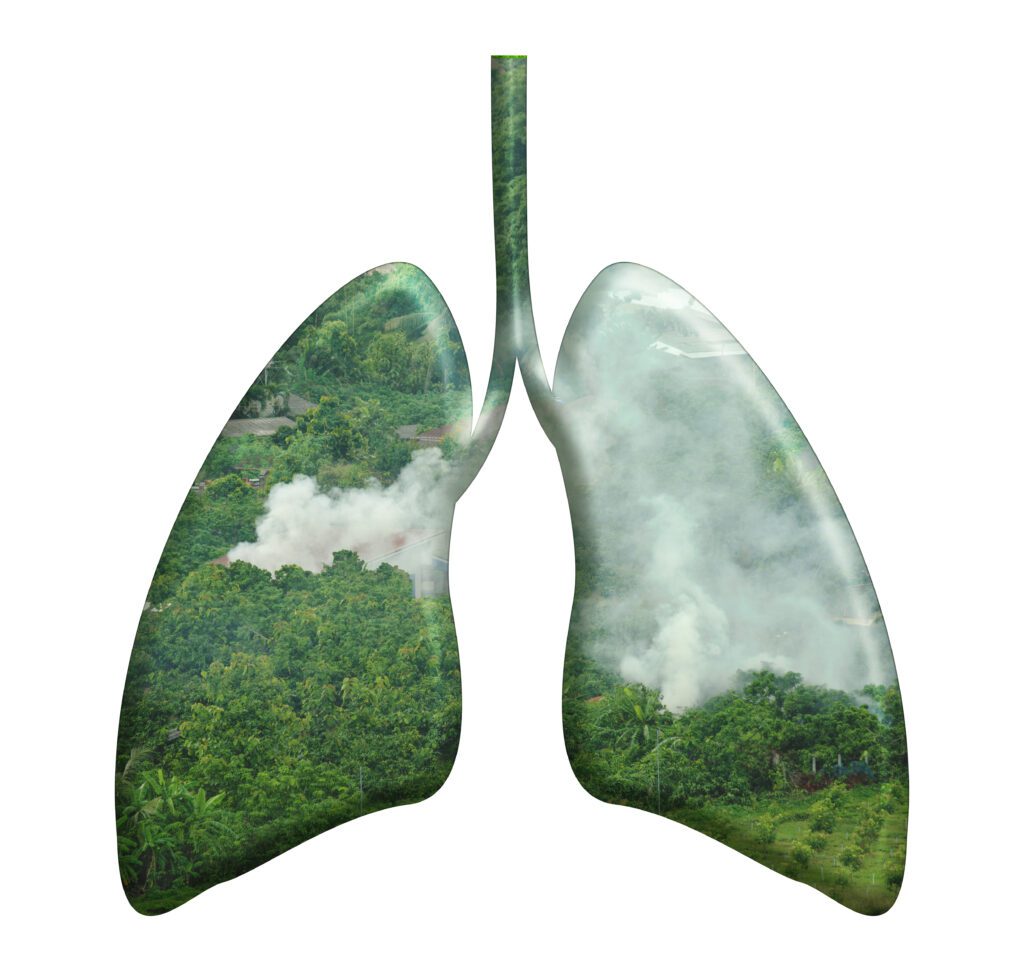On this Veterans Day…

Imagine breathing in burning plastic for days and days on end. Unfortunately, that is the experience that many of our veterans have endured. The PACT Act is the Sergeant First Class Heath Robinson Honoring Our Promise to Address Comprehensive Toxics (PACT) Act. The Act was signed into effect by President Biden on August 8, 2022, and aims to significantly extend healthcare benefits (VA benefits) to members of the military who were exposed to toxins during their time of service by adding over 20+ more presumptive conditions for burn pits and other toxic exposures, like Agent Orange during the Vietnam War. It also offers monetary benefits to spouses and children of exposed veterans.
PM2.5 vs. PM10: How Different Airborne Particulates Affect Our Lungs

Wildfires are increasing in frequency, and wildfire season now spans over seven months in the Western U.S. The USDA Department of Agriculture has noticed a significant increase since the 1980s in both the frequency and duration of wildfires. The scale of the wildfire crisis in the US is staggering. In recent years, wildfires have ravaged vast areas of land, destroying homes, displacing wildlife, and endangering lives. The increase in frequency and intensity of wildfires globally has also raised concerns about the long-term effects of exposure to wildfire smoke on respiratory well-being. In this blog post, we’ll delve into the dangers wildfires pose to lung health and explore ways to mitigate these risks.
Keeping Your Lungs Healthy During Natural Disasters

This year’s Hurricane season has been one for the record books. Those with chronic health conditions, including lung disease, may look at the news and wonder what they can do to maintain health and stay safe during times of natural disaster. The American Lung Association even put out guidelines ahead of Hurricane Milton, as almost half a million people in the Tampa Bay area live with conditions like asthma, COPD, and other forms of lung disease. Steven Riddle, Executive Director of the Tampa division of the American Lung Association, announced, “People who rely on supplemental oxygen are extremely vulnerable during a power outage, which is why we recommend securing a backup power source.”
Wildfires and Their Impact on Lung Health

Wildfires are increasing in frequency, and wildfire season now spans over seven months in the Western U.S. The USDA Department of Agriculture has noticed a significant increase since the 1980s in both the frequency and duration of wildfires. The scale of the wildfire crisis in the US is staggering. In recent years, wildfires have ravaged vast areas of land, destroying homes, displacing wildlife, and endangering lives. The increase in frequency and intensity of wildfires globally has also raised concerns about the long-term effects of exposure to wildfire smoke on respiratory well-being. In this blog post, we’ll delve into the dangers wildfires pose to lung health and explore ways to mitigate these risks.
Unseen Enemies: The Role of Indoor Airborne Particulates in Lung Disease

It might come as a surprise that a silent assailant lurks within our homes, offices, and public spaces: indoor airborne particulates. These seemingly innocuous particles, invisible to the naked eye, have a profound impact on our respiratory health.
Biotech Daily — Dr Boreham’s Crucible: 4DMedical
“4D’s patented XV Technology platform enables doctors to understand ‘regional’ airflow in
the lungs, thus identifying illnesses with greater efficacy as patients breathe.”
PACT Act – What Are Presumptive Conditions?

Imagine breathing in burning plastic for days and days on end. Unfortunately, that is the experience that many of our veterans have endured. The PACT Act is the Sergeant First Class Heath Robinson Honoring Our Promise to Address Comprehensive Toxics (PACT) Act. The Act was signed into effect by President Biden on August 8, 2022, and aims to significantly extend healthcare benefits (VA benefits) to members of the military who were exposed to toxins during their time of service by adding over 20+ more presumptive conditions for burn pits and other toxic exposures, like Agent Orange during the Vietnam War. It also offers monetary benefits to spouses and children of exposed veterans.
PACT Act 101—What is the PACT Act?

The PACT Act is the Sergeant First Class Heath Robinson Honoring Our Promise to Address Comprehensive Toxics (PACT) Act. The Act was signed into effect by President Biden on August 8, 2022, and aims to significantly extend healthcare benefits (VA benefits) to members of the military who were exposed to toxins during their time of service by adding over 20+ more presumptive conditions for burn pits and other toxic exposures. It also offers monetary benefits to spouses and children of exposed veterans.
